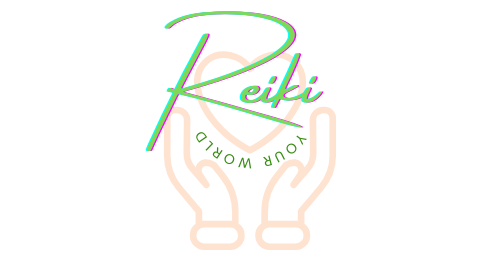Reiki is a form of alternative therapy that taps into the universal life force energy believed to flow through all living things. Originating from Japan, the word ‘Reiki’ is actually a combination of two Japanese words: ‘rei,’ meaning ‘universal,’ and ‘ki,’ referring to the life force energy. This practice aims to enhance the body’s natural healing abilities, promoting physical and emotional well-being.
The philosophy behind Reiki is simple and profound. It revolves around the idea that energy can stagnate in the body where there’s been physical injury or emotional pain. Over time, these energy blocks can lead to illness. By releasing these blockages, Reiki helps restore the smooth flow of energy, supporting the body’s natural healing processes.
Key principles of Reiki act as a moral compass both for practitioners and those receiving Reiki. There are five precepts central to Reiki practice that offer guidance and cultivate a peaceful life: just for today, do not worry; do not anger; be humble; be honest in your work; be compassionate to yourself and others. Practitioners often recite these precepts as mantras during sessions to foster mindfulness and serenity for themselves and their clients.
The Mechanics of Reiki Energy
At the core of Reiki is the idea that practitioners act as conduits for the universal life force, channeling it through their hands to the recipient. This flow of energy is not directed by the practitioner, but rather guided by a natural intelligence within the energy itself. Practitioners often describe it as a warm sensation or a gentle tingling, though experiences can vary.
The healing process within Reiki is often described as both a deeply relaxing and a rejuvenating experience. Practitioners work by placing their hands lightly on or just above the recipient’s body. This non-invasive touch is meant to encourage a balance and smooth flow of energy. Over time, this can lead to improved healing responses within the body, reduction in stress, and enhancement of overall well-being.
Attunement is a key concept in Reiki practice. This is the process by which a Reiki master passes on the ability to harness the Reiki energy to a student. This isn’t just about learning techniques; it’s akin to tuning into a frequency, enabling the practitioner to channel energy effectively. Each level of attunement opens up deeper energy channels, allowing for more potent and effective healing.
Benefits of Reiki Energy for Everyone
Reiki offers a wide array of health benefits that have made it a sought-after holistic therapy across the globe. By supporting the body’s natural healing processes, Reiki promotes better physical health. It helps in relieving pain, relaxing muscles, and boosting the immune system, providing an overall sense of physical relief.
On the emotional and mental front, Reiki encourages deep relaxation, which helps reduce anxiety and promote emotional stability. For many, Reiki serves as a refuge from the constant pressures of life, offering clarity and peace of mind. By easing mental stress, it supports a clearer, more positive outlook, making it a valuable tool for emotional healing.
The beauty of Reiki is its universal applicability. It doesn’t discriminate; people from all walks of life can benefit from its calming and restorative properties. Whether facing acute health issues or simply looking to maintain a balanced lifestyle, Reiki can be a gentle yet powerful ally in anyone’s wellness routine. Its adaptability makes it suitable for almost everyone, irrespective of age, health condition, or belief system.
Incorporating Reiki into Daily Life
For those eager to explore Reiki, starting with simple techniques at home is a great first step. One basic method involves self-treatment, where you channel energy through your hands to different parts of your body. This practice can help maintain balance and encourage relaxation on your own time.
If you’re seeking deeper experiences, professional Reiki sessions offer more comprehensive healing. An experienced practitioner can tailor sessions to address specific concerns, whether physical, emotional, or spiritual. Finding a practitioner with whom you feel comfortable and connected is crucial for maximizing the benefits.
Reiki easily complements other wellness practices and can be seamlessly integrated into daily routines. Whether paired with yoga, meditation, or even during everyday activities like walking, Reiki adds layers of calm and focus. The simplicity of its core principles makes it adaptable to varied lifestyles, encouraging a more serene and mindful approach to daily living.
